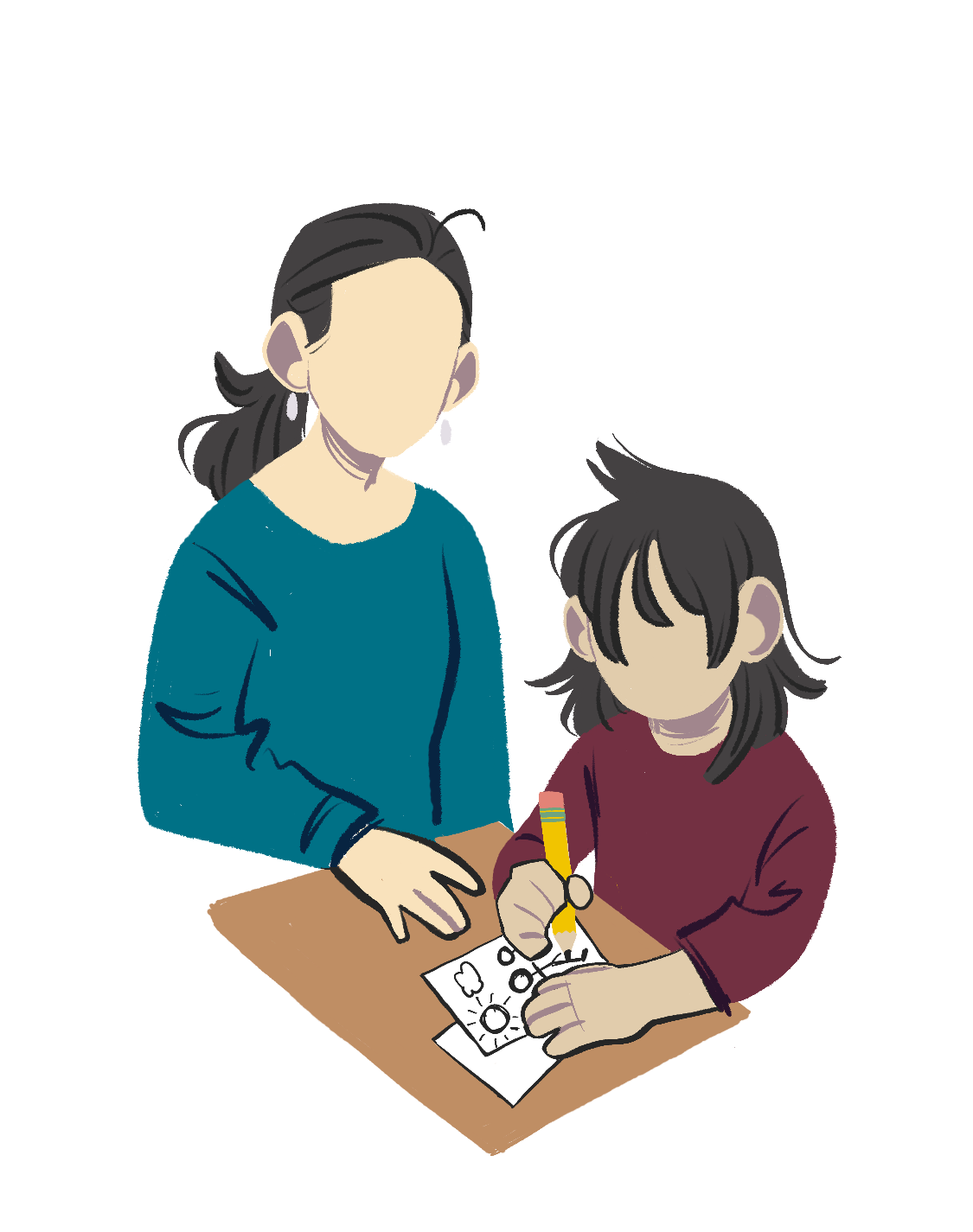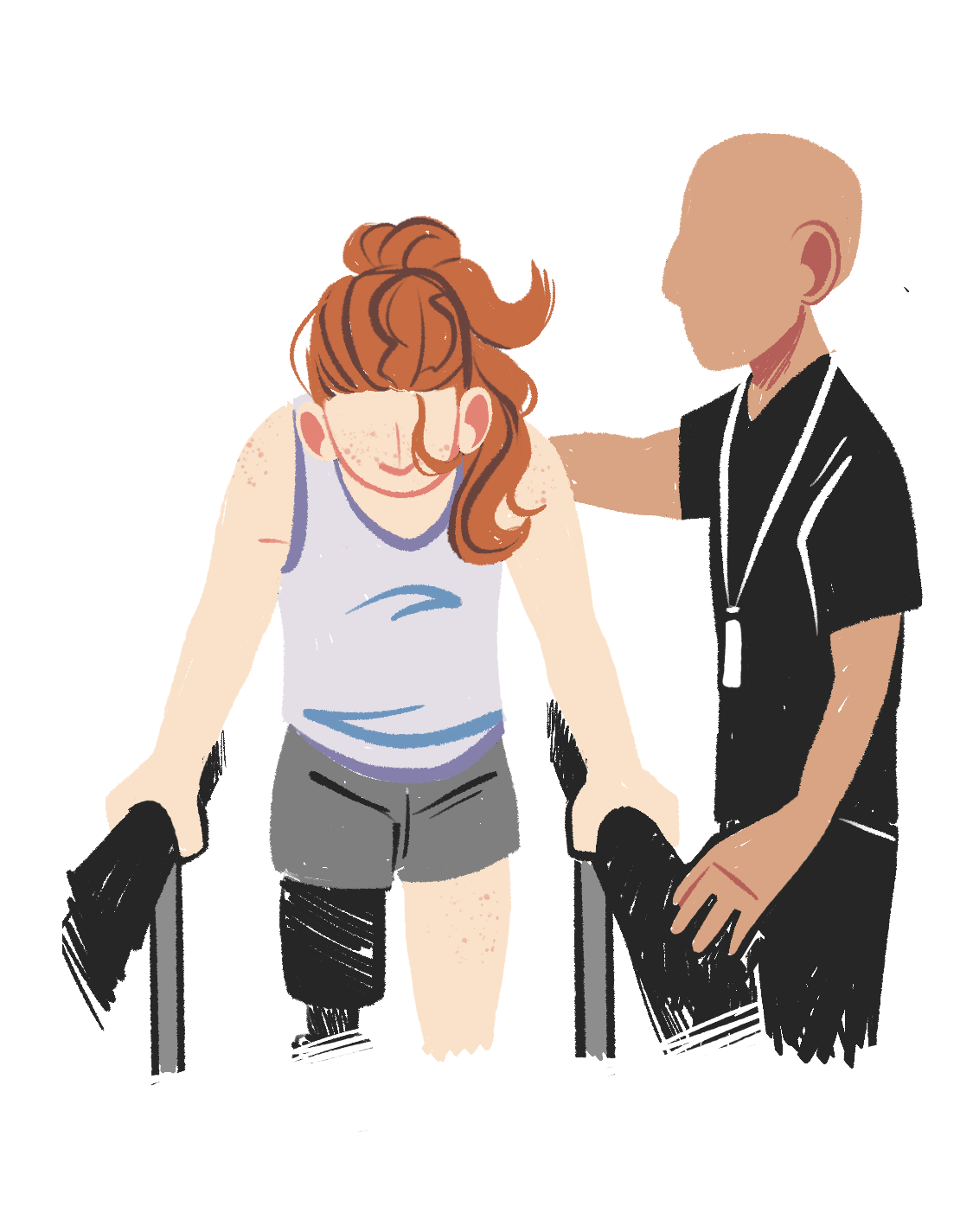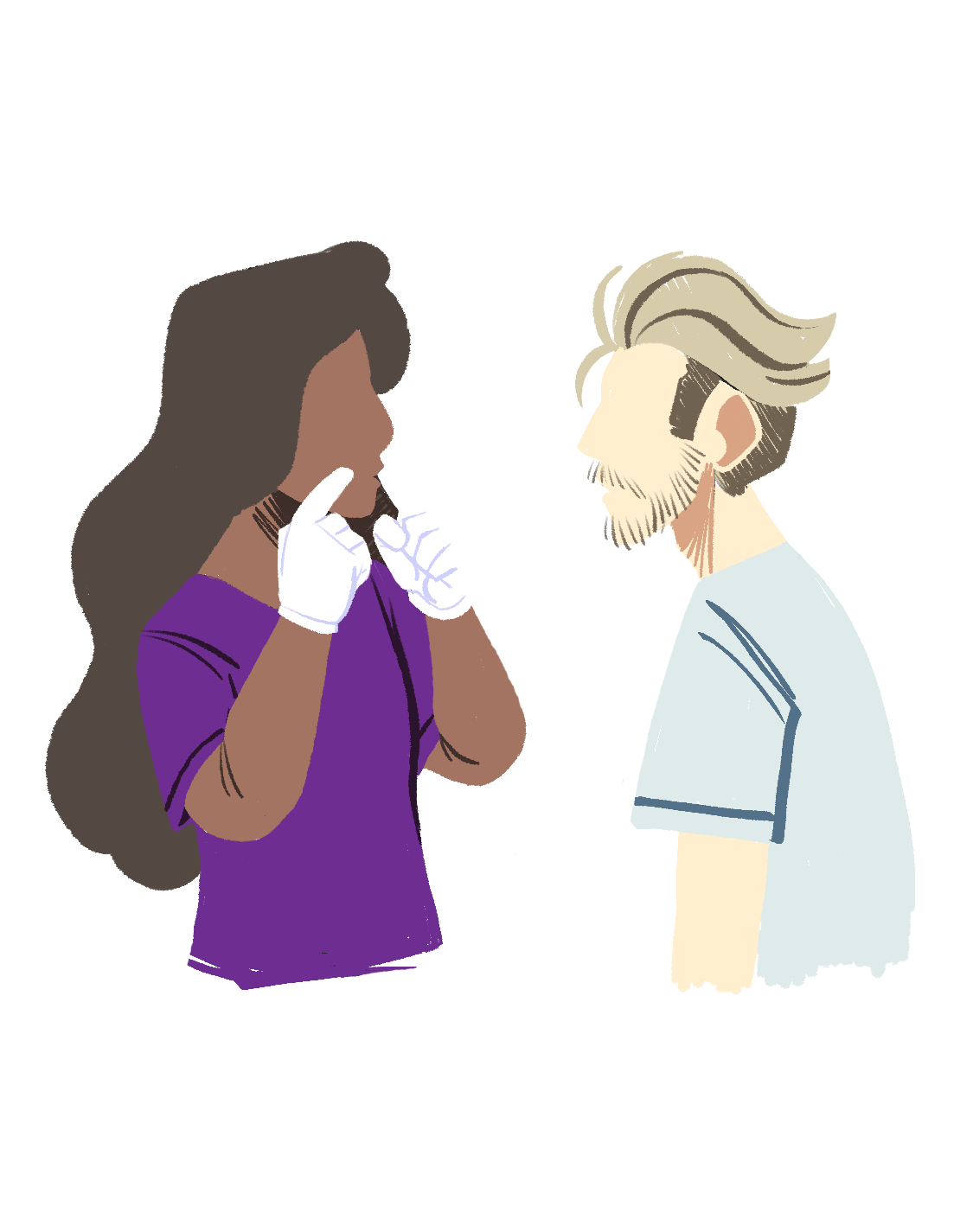Realistic
Practical, hands-on occupations that involve working with tools, machines, materials and mechanical activities.
They like to work with THINGS.

If you’re considering a career as a physician’s assistant, occupational therapist, physical therapist, or speech therapist, here’s a place to start. It’s called the Holland Code, a widely used theory developed by psychologist John Holland to match career types to characteristic personality traits and types.
Holland identified six general personality types that also extend to career categories. They include the following: Realistic, Investigative, Artistic, Social, Enterprising and Conventional. Your Holland Code, then, represents your personalized combination of the most dominant traits and types that rise to the top.
Realistic
Practical, hands-on occupations that involve working with tools, machines, materials and mechanical activities.
They like to work with THINGS.
Investigative
Occupations, often in science, that involve working with ideas that require research, mental problem-solving and thinking.
They like to work with DATA.
Artistic
Occupations that involve creative, original, and independent self-expression, working with patterns and designs and other creative activities.
They like to work with IDEAS and THINGS.
Enterprising
Occupations that involve leading people, decision-making, starting and managing projects, and selling ideas and things.
They like to work with PEOPLE and DATA.
Conventional
Occupations that involve order, routines, procedures, numbers and other structured activities.
They like to work with DATA.

Physician assistants, also known as PAs, practice medicine on teams with physicians, surgeons and other health care workers. They examine, diagnose and treat patients.

Occupational therapists treat injured, ill or disabled patients through the therapeutic use of everyday activities. They help these patients develop, recover, improve, as well as maintain the skills needed for daily living and working.

Physical therapists help injured or ill people improve movement and manage pain. They are often an important part of preventative care, rehabilitation, and treatment for patients with chronic conditions, illnesses or injuries.

Speech-language pathologists (sometimes called speech therapists) assess, diagnose, treat and help to prevent communication and swallowing disorders in children and adults. Speech, language and swallowing disorders result from a variety of causes, such as a stroke, brain injury, hearing loss, developmental delay, Parkinson’s disease, a cleft palate or autism.